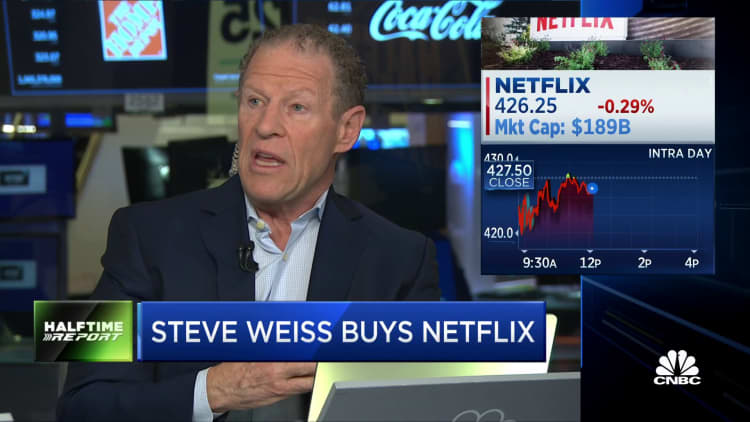After years of low interest payouts, savings accounts now are paying higher yields, after a series of interest rate hikes from the Federal Reserve. But many Americans still aren't getting the best rates for their cash.
Despite inflation concerns, nearly 70% of middle-income Americans haven’t moved savings to higher-yielding accounts, according to a new survey from Santander.
However, a whopping 93% of those surveyed in late May said "competitive rates" are important when choosing a bank.
Although annual inflation dropped significantly over the past year, it was still 3% higher in June compared with 12 months earlier, the U.S. Bureau of Labor Statistics reported this month.
The top 1% of savings accounts were paying above 4.5% as of July 25, according to DepositAccounts, compared with a 0.42% average for traditional banks.
"The simplest explanation is inertia," said certified financial planner Kevin Brady, vice president at Wealthspire Advisors in New York. "People are busy with their day-to-day lives, and the attention needed to research alternatives and execute the change falls down the priority list."
'The juice just isn't worth the squeeze'

Other savers know they could earn higher savings yields elsewhere but still aren't willing to make the change.
"For many of them, the juice just isn't worth the squeeze," said Dallas-based CFP Brandon Gibson, wealth manager at Gibson Wealth Management.
If a client has $1 million in their portfolio, they may not want the hassle of switching banks for an extra 2% to 3% more on their $50,000 cash reserve, he said.
There's no guarantee the new institution won't drop the rate in the near future.Brandon GibsonWealth manager at Gibson Wealth Management
"This is especially true if the choice is between an online bank and a brick-and-mortar," said Gibson, noting online banks may be less convenient. Plus, "there's no guarantee the new institution won't drop the rate in the near future," he said.
Americans with smaller balances may have even less motivation to move. Some 40% of savers earning less than 3% believe they don't have enough savings to make a change worthwhile, according to a May survey from Experian. Savers with a three-figure balance may only see a few extra dollars in interest, based on the current rates.
Other reasons for staying with a lower-paying bank were the lack of awareness about higher rates, convenience, and simply being "too busy," the Experian survey found.





